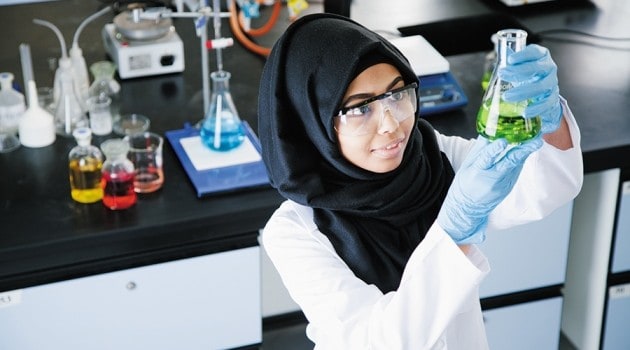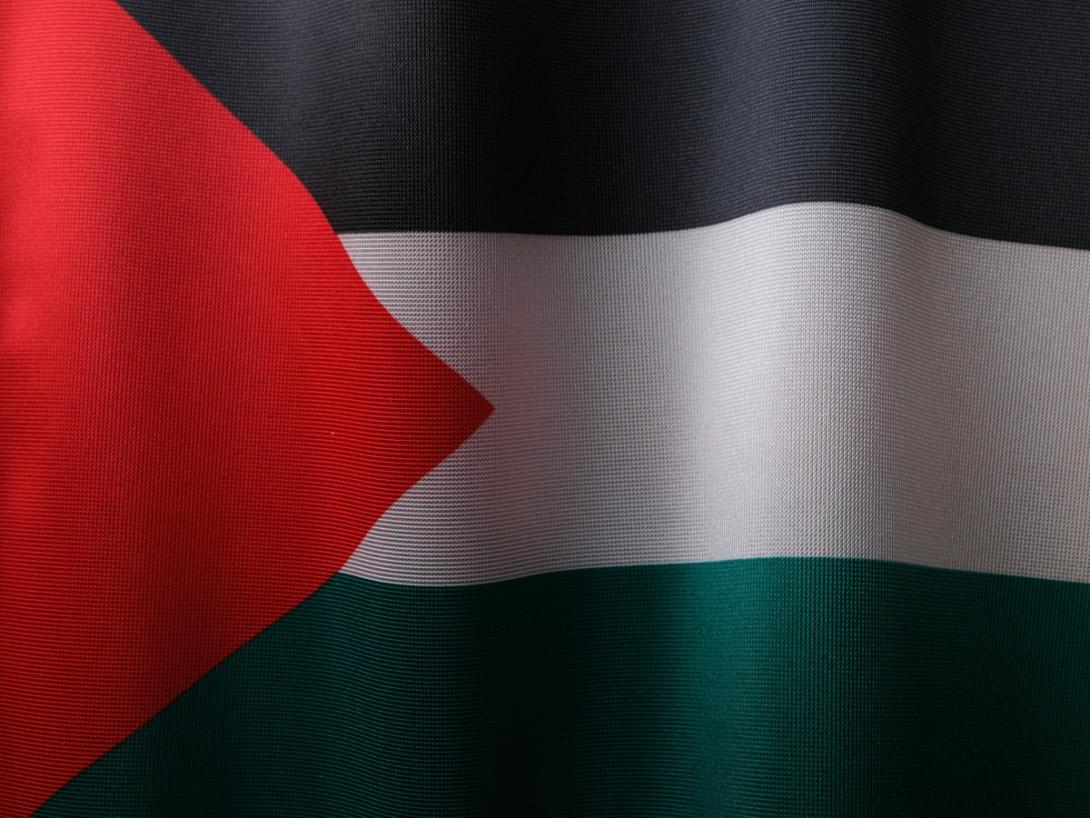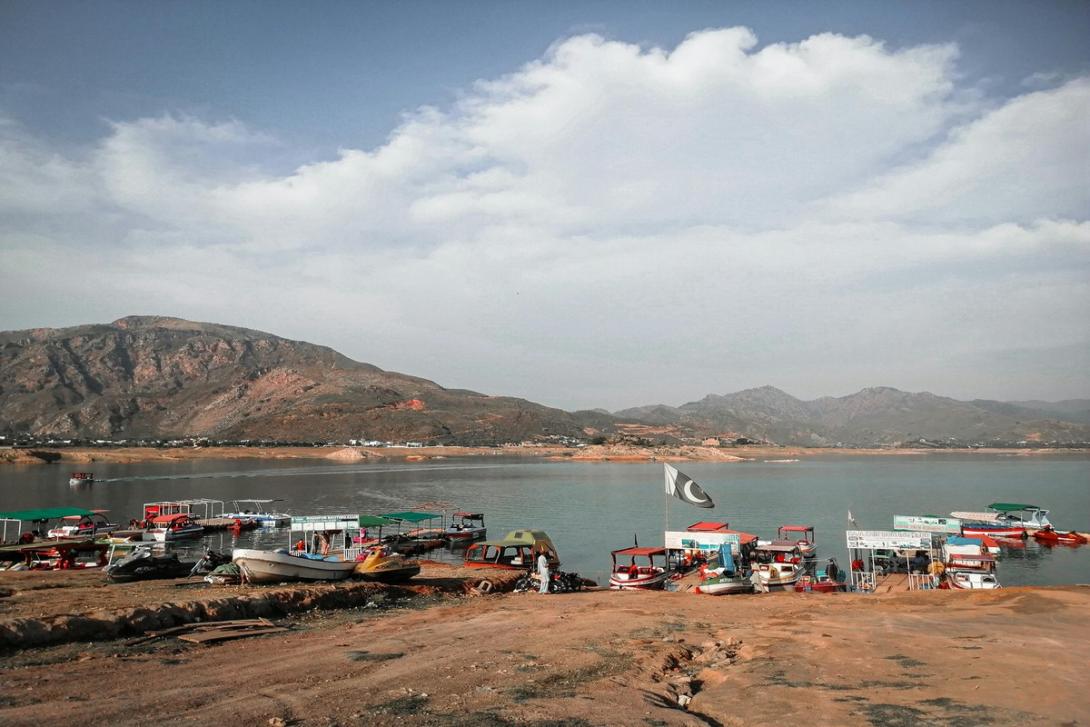‘Women in STEM’, as wonderful and powerful as it sounds yet hides so many struggles behind, a number of stories from different areas with distinct cultural norms. Pakistan is a country renowned for its talented students and diversity in a number of fields yet women in Pakistan encounter issues on a day to day basis simultaneously fighting for their rights and basic needs one of which is having access to quality education, let alone the representation of women in stem careers. According to UNESCO science report towards 2030, Pakistan ranks second with a ratio of 36% female population in science after Sri Lanka. Despite the second highest enrollment ratio of Pakistani women in science related fields and about a ratio of 22.4% women researchers in engineering and technology, the women employment rate in workplaces and research areas is just 4.9% which merely counts. There are several factors contributing to this setback in Pakistani society, this article provides insights into some of the major causes and some common struggles faced by women having an interest and keen desire to get into STEM.

Male Domination:
Pakistan, being a male dominated society exploited by cultural stereotypes which lead to scarcity of females in engineering and technology. This not only effects the women who invest equal amount of time in STEM courses yet it is a task for them to find opportunities that meet their needs. Moreover, it also lowers the self-esteem of younger girls who aspire to be working in technical setups.
Gender Gap:
This leads us to the first and the most common reason, the stereotypical gender-restricted criteria subjective to academic majors. In most cultures, engineering and technical areas are perceived as a domain that’s only meant for boys whereas girls are expected to either pursue medical or literature related careers which indubitably are valuable career paths. However, young girls are often not given the freedom to express their interests and explore the technical side of this world. Societal stereotypes that dictate certain careers as "suitable" for men or women, often cause hindrances and steer girls away from STEM fields in most cases.
Lack of Support in Educational Setups:
Another reason why most women aren’t confident enough to pursue STEM is the lack of support from their mentors during their initial school years while boys are favored at schools and mostly given such environment at home to get hands-on experience with certain tools that spark their interests and make them even curious to explore the depths of innovation. Although this favoritism could be unintentional, but the lack of encouragement of girls at young age is the leading cause of their discouragement. These girls later grow up to be the women who regret not advocating for themselves.
Workplace Discrimination:
Coming on to the women who somehow manage to break all those enforced traditional and stereotypical barriers and train themselves to excel in their field tend to face gender biasness in in their workplaces. In addition, unequal pay, discrimination and lack of support and encouragement add to the hurdles in a woman’s professional life.
Access to Resources:
In most cases, girls aren’t given enough exposure to delve into extracurricular activities that would captivate their interests and intrigue them with such creative domains that could make remarkable and notable changes.
Why Women in STEM?
While there are certain setbacks and hindrances that have set limits in women’s career choices and they often have to encounter some of the above mentioned barriers. However, that clearly emphasizes on the fact that Pakistan needs more of these women in STEM as role models to encourage young girls to raise their voice and break free from this traditional pattern of monotony, and believe in their ability to innovate and create. Thus, for this purpose, more women need to step forward and foster an environment that would favor girls and redefine their perspective of “career choices for women”, with sufficient support, girls can also excel in their STEM careers and make a difference in the society.
The significance of women representation in STEM is crucial, as it not only encourages diversity of thought but also paves the way for innovation and progress. In Pakistan, several women have broken barriers and become role models in these fields, with their groundbreaking achievements, inspiring young girls to pursue careers in STEM and break free traditional stereotypes. Here are a few notable examples:
Nergis Mavalvala : her outstanding work is categorized under the field of astrophysics. She is a Pakistani-American astrophysicist known for her role in the first direct detection of gravitational waves. She is a professor at MIT and has received numerous awards for her contributions to the field. Her work in gravitational wave detection has opened new doors in understanding the universe.
Arfa Karim: Arfa Karim, a true tech prodigy, became the world’s youngest Microsoft Certified Professional (MCP), she’s the second to earn this title at the age of nine after Bill Gates and was invited by Bill Gates to the Microsoft headquarters in USA. Despite her untimely death at the age of 16, her legacy continues to inspire young people in Pakistan to pursue technology and computer science. Her accomplishments made her a symbol of pride and inspiration for the nation. Arfa was also named in the Guinness book of world records.
Tasneem Zehra Husain : Tasneem Zehra Hussain is a Pakistani theoretical physicist. Her notable area of research includes the string theory. She is one of the few women to obtain a doctorate degree in the field of physics and the first Pakistani female string theorist. In November 2014, she released her first novel, "Only the Longest Threads."
Asifa Akhtar: Asifa Akhtar is a biologist who has contributed in the area of chromosome regulation. She became the first international female vice president of the biology and medicine section at Germany's prestigious Max Planck Society. Asifa has also been awarded the European Life Science Organization (ELSO) award.
Jehan Ara: Jehan Ara is the founder of the Pakistan Software Houses Association (P@SHA) and a prominent tech entrepreneur. She is also the founder of The Nest I/O, a technology incubator in Karachi. Her efforts have been pivotal in nurturing the startup ecosystem in Pakistan, particularly for women. In 2016, Ara was invited by US President Barack Obama to speak at Global Entrepreneurship Summit. In November 2018, she became a member of the Prime Minister's Task Force on IT and Telecom. In 2023, she was awarded Tamgha-i-Imtiaz by the President of Pakistan.
These women, among many others, serve as proof that with determination, passion, and hard work, traditional stereotypes can be overcome. Their stories not only inspire young girls to pursue careers in STEM but also highlight the importance of diverse perspectives in driving innovation and progress.
References:
UNESCO science report: https://www.pcst.org.pk/wst/wst_wsci.php
Women Employment Rate: https://en.wikipedia.org/wiki/Pakistani_women_in_STEM#:~:text=Among%20students%20in%20universities%2C%20the,agricultural%20sciences%20have%20only%2012%25.
Nergis Mavalvala: https://en.wikipedia.org/wiki/Nergis_Mavalvala
Arfa Karim: https://en.wikipedia.org/wiki/Arfa_Karim
Tasneem Zehra Husain: https://en.wikipedia.org/wiki/Tasneem_Zehra_Husain
Asifa Akhtar: https://en.wikipedia.org/wiki/Asifa_Akhtar
Jehan Ara: https://en.wikipedia.org/wiki/Jehan_Ara


